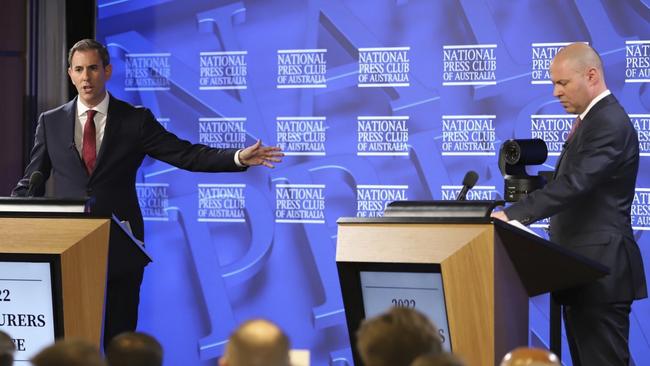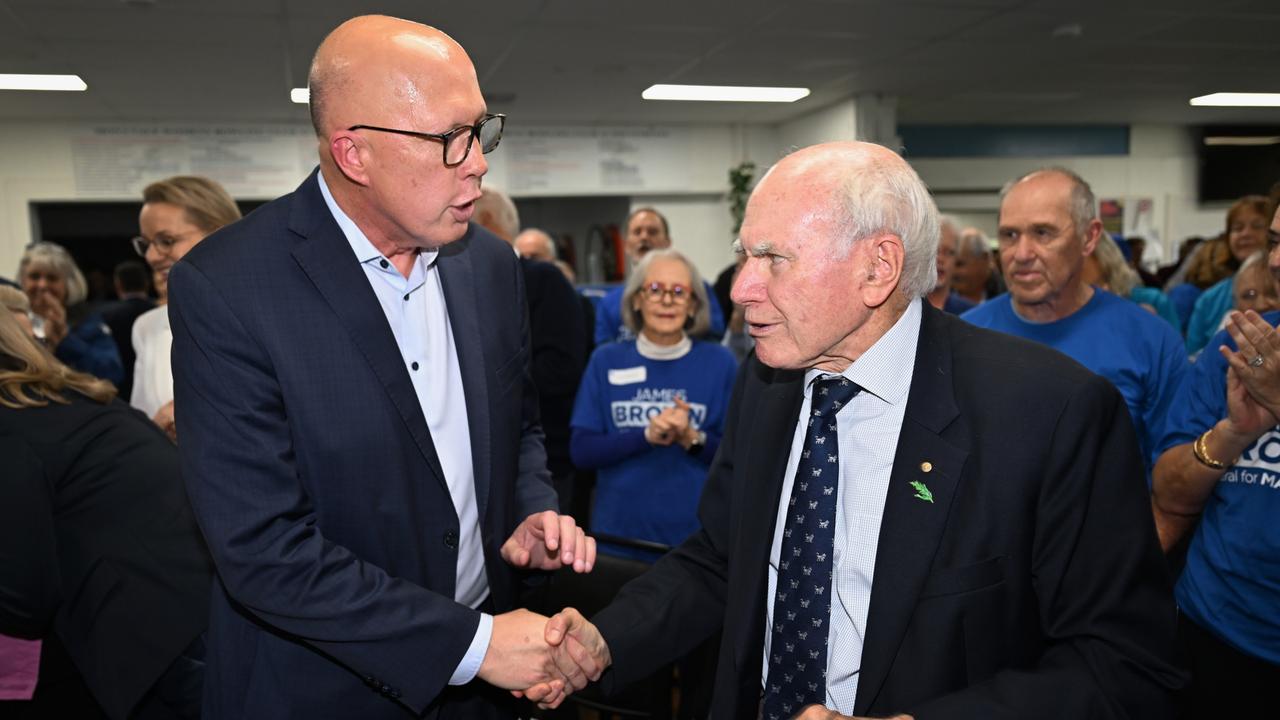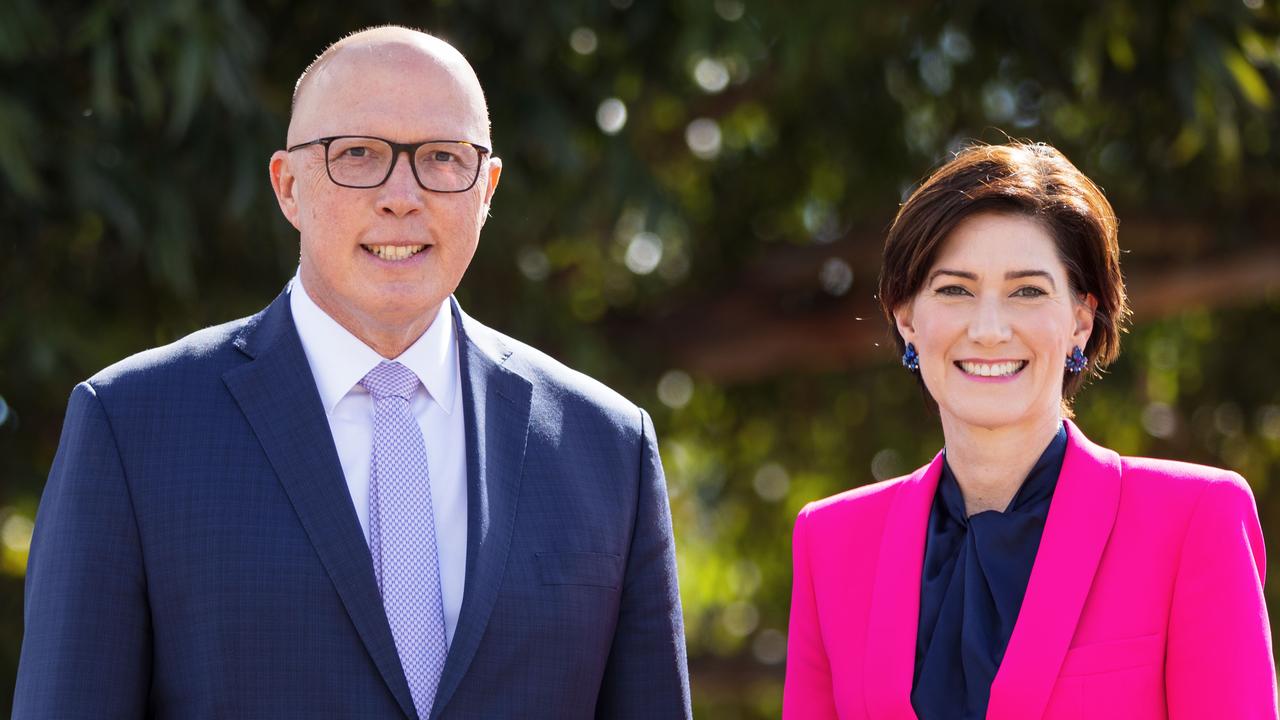Election 2022: Parties ‘failing to meet $60bn challenge’, say economists
Economists say neither of the two major parties has a credible policy platform to take to the Australian people on how to tackle a structural deficit that could be as large as $60bn.

Economists say neither of the two major parties has a credible policy platform to take to the Australian people on how to tackle a structural deficit that could be as large as $60bn.
During a National Press Club debate between Josh Frydenberg and opposition Treasury spokesman Jim Chalmers on Wednesday, Dr Chalmers said “there is an issue with the structural position of the budget”.
“We have put on the table some responsible spending cuts, we have put on the table a process for the way forward to try and get the budget under control,” he said, including about $5bn in savings from cutting outsourcing in the public service and raising more tax revenue from multinational companies.
“What we need to be able to do is to flick the switch in the budget, not to austerity, but to quality, so we can fund the things that we care the most about.”
When asked what the government’s plan was to tackle the ongoing gap between tax revenue and spending, Mr Frydenberg said “obviously, it’s about growing the economy”.
“That’s what we’re seeking to do and, therefore, we can manage those higher debt burdens.”
Deloitte Access Economics has previously calculated an ongoing structural deficit of 1.9 per cent of GDP, or about $40bn, versus Treasury’s estimate of about half that level.
Deloitte, however, believes the true structural deficit is likely to be closer to 3 per cent of GDP, or about $60bn, once the forecast ongoing pressures on spending from defence and social security are taken into account.
Barrenjoey chief economist Jo Masters said the government and opposition were both adopting a short-term approach to some of the major challenges facing the economy and budget.
“What we haven’t seen are any fresh policy ideas about how to kickstart productivity – it feels like this is the same conversation we were having before the pandemic,” Ms Masters said.
She said it was “totally understandable that these issues got pushed to one side during the pandemic, and it’s totally reasonable there is a period after where you look for stronger growth to give you a helping hand”.
“But if you really want to address the debt burden from the pandemic, at some point you have to do more – and that more has to include productivity growth,” she said, including taking action on industrial relations, cutting red tape, and reforming the tax system. “Demographics are a heavy weight on the fiscal picture.”
Economic policy program director at the Grattan Institute, Brendan Coates, said that neither major party had an economic plan that could credibly cater to the large spending demands on government into the future imposed by an ageing population and schemes such as the NDIS.
“We are running a structural deficit of 2 per cent of GDP,” he said. “(And) some of the economic forecasts in the budget do appear particularly rosy in the medium term on productivity growth.”
“Under the Coalition’s watch it looks like government has become permanently larger.
“The budget projects that spending will stabilise at 26.3 per cent of GDP by the end of the decade. This compares to an average of 25 per cent in the decade before the Covid crisis.
“It is even more extraordinary when compared to the projections before the 2019 election which suggested government spending would shrink to 23.6 per cent of GDP by 2030. That’s a big jump in spending.”
Mr Coates suggested a lot of Australians supported higher spending, so there was a need to have a national discussion about tax.
“Either the incoming government is going to have to cut spending in some of these areas or they are going to have to raise taxes to close the structural budget deficit,” he said.
“That’s a criticism that can be applied to both sides.”
Additional reporting: Joe Kelly




To join the conversation, please log in. Don't have an account? Register
Join the conversation, you are commenting as Logout